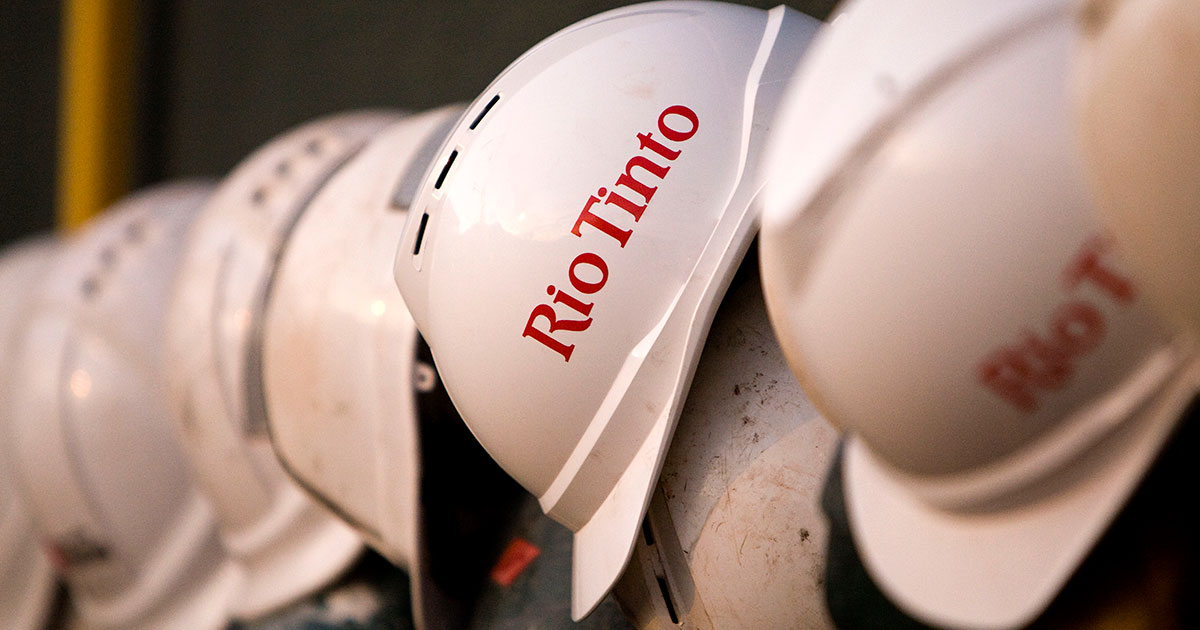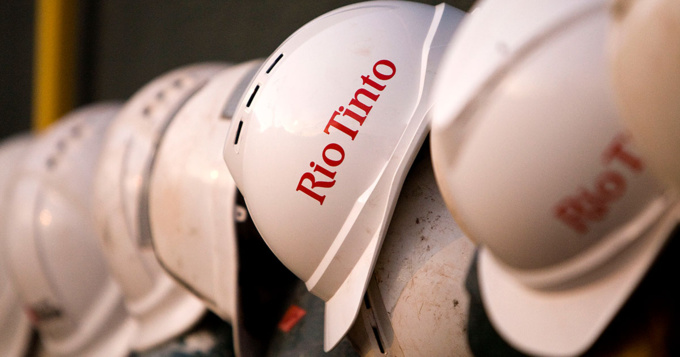Unlike many competitors, Rio Tinto plans to invest in new projects for some years ahead, believing that it will help the company gain the pole position when the market starts to recover. The company is activating development of iron ore and bauxite in Australia and copper in Mongolia.
China will remain the main source of demand for raw materials in the coming years, according to Rio Tinto. "All things being equal, China's economy is basically developing well, it is getting a lot of money," - said the company's CEO Jean-Sebastien Jacques. His optimism is only clouded by Beijing’s plans to reform the industry. The country is going to get rid of excess capacity, which can have both positive and negative consequences for coal and iron ore, that is, sectors related to the steel industry. This makes the market less predictable. After the Chinese authorities in April imposed restrictions on production of coal, price of certain types of this raw materials tripled. "We were very surprised of what the Chinese government arranged on the coking coal market. This was not expected, - says Jacques. – The main uncertainty, associated today with China, is pace of restructuring of state-owned enterprises". After the prices skyrocketed, the Chinese government eased restrictions for mining companies to cool the market. Analysts at Credit Suisse recently called Beijing’s restrictive measures an "unfortunate self-inflicted mistake."
source: wsj.com
China will remain the main source of demand for raw materials in the coming years, according to Rio Tinto. "All things being equal, China's economy is basically developing well, it is getting a lot of money," - said the company's CEO Jean-Sebastien Jacques. His optimism is only clouded by Beijing’s plans to reform the industry. The country is going to get rid of excess capacity, which can have both positive and negative consequences for coal and iron ore, that is, sectors related to the steel industry. This makes the market less predictable. After the Chinese authorities in April imposed restrictions on production of coal, price of certain types of this raw materials tripled. "We were very surprised of what the Chinese government arranged on the coking coal market. This was not expected, - says Jacques. – The main uncertainty, associated today with China, is pace of restructuring of state-owned enterprises". After the prices skyrocketed, the Chinese government eased restrictions for mining companies to cool the market. Analysts at Credit Suisse recently called Beijing’s restrictive measures an "unfortunate self-inflicted mistake."
source: wsj.com



















